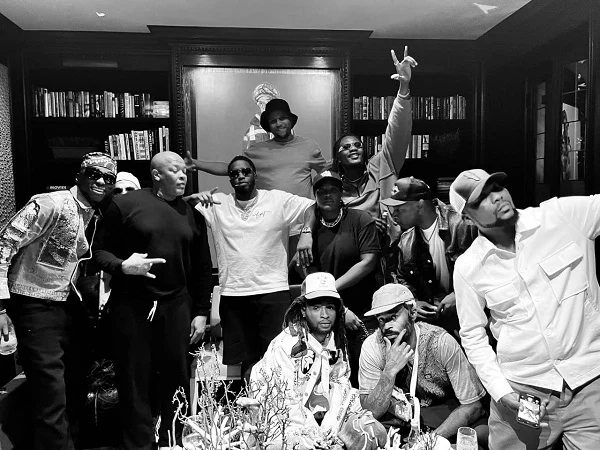
HOW SHOULD sports teams respond to the death of a national figure? If there is a template, the England cricket team seems to have found it. On September 10th, two days after the death of Queen Elizabeth II, a Test match between England and South Africa got under way at the Oval, a ground in south London. It had been delayed for 48 hours, first by the weather and then, of course, by the news from Balmoral Castle. Before the match there was an immaculately observed minute’s silence, followed by a lustily sung version of “God Save the King” and a lengthy round of applause. The players then took to the pitch wearing black armbands. The approach was nothing but respectful. Likewise, in the world of horse racing, the queen’s favourite sport, events were called off on the 10th but an extensive programme (including the St Leger, one of the classics) went ahead on the 11th.
Football could probably have managed something on similar lines. Instead, the sport’s bigwigs not only cancelled all professional matches in England and Scotland for the whole weekend, but also all grass-roots games. It was not the only sporting authority to fluff its response. British Cycling called at one point for cycling of any sort to stop in the country during the queen’s funeral and associated processions.
All this reflects the difficult choices facing sporting bodies face in the wake of momentous national events. After the terrorist attacks of September 2001, sport had to strike a balance between acknowledging the tragedy and demonstrating that normal life would continue despite the atrocity. American football matches were postponed on the following weekend, but baseball games resumed on the 17th, six days after the attacks.
Perhaps the football authorities were worried that fans, whom they generally don’t trust to behave, would not respect the minute’s silence (although supporters are normally pretty good at doing so). Or perhaps they feared being attacked by Britain’s right-wing tabloids for being disrespectful by playing on at a time of national mourning. The same reasoning prompted the bbc to cancel its comedy shows until after the funeral.
But it seems rather odd that football should be the sport that was most vigorous in shutting down. For one thing, the football season has a horribly congested fixture list, made worse this year by the intrusion of a World Cup in November and December. Potentially the next free window in England’s Premier League will not be until January 2023 and, for some teams, much later than that. Second, the decision to cancel fixtures is hardly likely to endear the monarchy to Britain’s millions of football fans, many of whom will have planned their weekends around the matches. Indeed in an increasingly secular country, many would have welcomed a chance to take part in the collective act of remembrance that a football match would have afforded them.
Finally, the queen showed very little interest in the sport. At a Royal Variety performance, the comedian Tommy Cooper supposedly asked her majesty whether she enjoyed the sport. “Not really,” she said. “In that case,” the comedian shot back, “can I have your Cup Final tickets?”
The sheer longevity of the queen’s reign means that her death was a highly significant national moment, and thus made the decisions of sporting authorities especially difficult. It seems likely that when (or even if) Charles III is succeeded by William V, different choices will be made. As this year, there will be no sporting events on the day of the monarch’s funeral. But otherwise sport will carry on, subject to the normal solemnity of a minute’s silence. In this way as so many others, the death of Elizabeth II will mark the end of an era.




